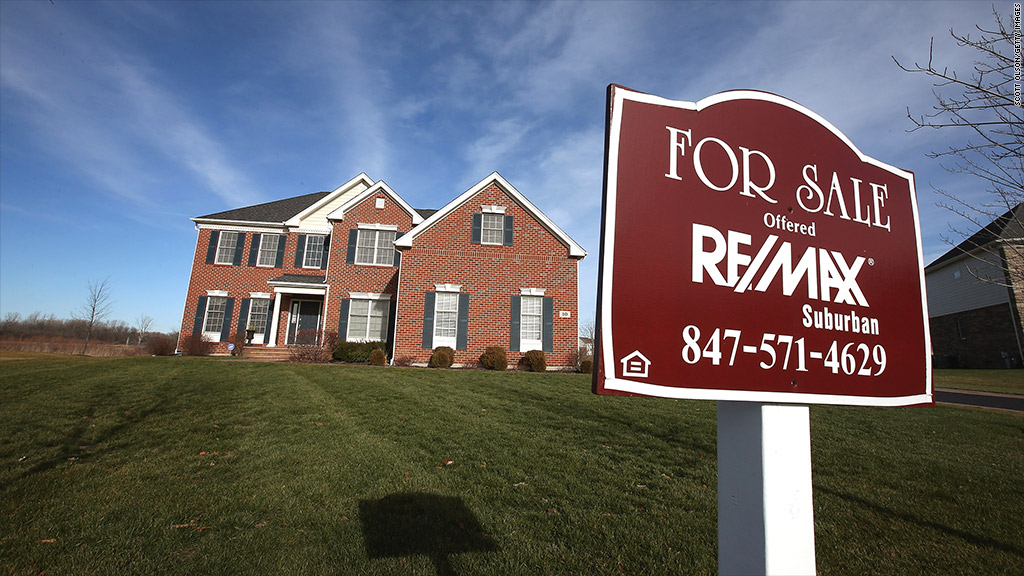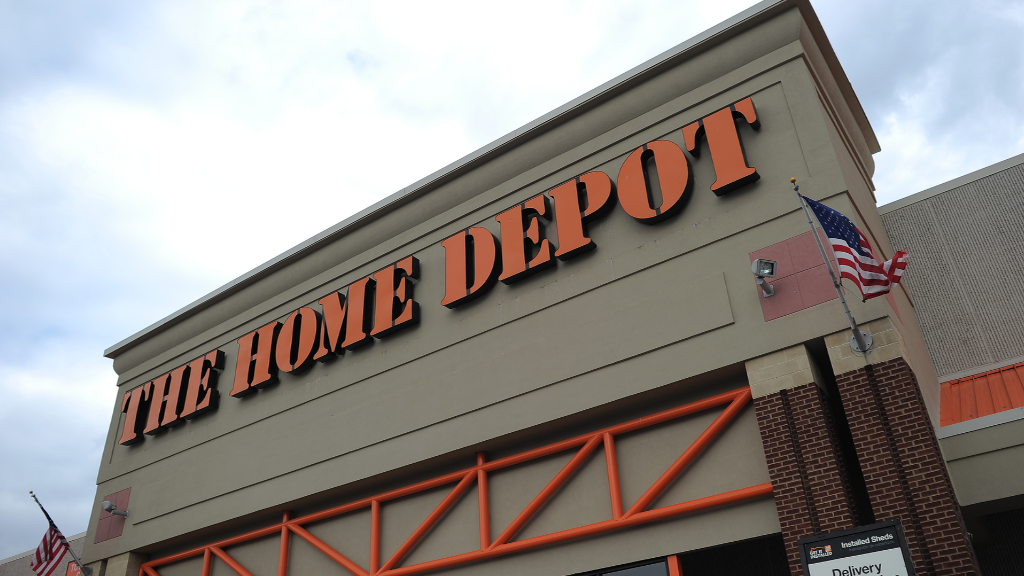
Just how hot is the housing market? Re/Max, one of the world's largest real estate brokerage firms, will soon find out.
Re/Max, which has been private since its founding in 1973, filed initial paperwork with the SEC for a $100 million initial public offering.
The real estate brokerage operates as a franchisee with roughly 90,000 agents in more than 90 countries.
But Re/Max is predominantly a U.S. housing company. It noted in its prospectus that 74% of its revenue in 2012 came from the U.S and said it's uniquely poised to take advantage of the continuing U.S. housing recovery.
Related: Housing IPO draws strong demand
Re/Max's competitor Realogy (RLGY), which owns Coldwell Banker and Century 21, tested the IPO waters late last year and has been on fire since then. Its shares are up nearly 60% from its IPO price.
Realogy's shares have soared even as it admitted in its IPO filing that it would use the bulk of its proceed to pay down $4.5 billion in debt from the Apollo Group, which took the company private in 2007.
Like Realogy, Re/Max is partly owned by a private equity fund. But Re/Max's investors -- Weston Presidio -- have not piled much debt on the agency.

Re/Max's founders, husband and wife Gail and Dave Liniger, still own a majority of the company. According to the SEC filing, they will retain a majority of voting control.
Re/Max was hit hard by the real estate bust. Its agent count dropped from 120,000 at its peak to 90,000 currently. The company derives roughly 40% of its revenues from fixed fees that franchisees pay for agents on their staff. The rest comes from a mix of annual dues and fees tied to real estate sales.
Related: A cautiously optimistic take on our bipolar economy
Still, Re/Max managed to return to profitability in the past few years, despite only a modest increase in revenues since 2010. After reporting losses in 2010, profits jumped to $24 million in 2011 and $33 million in 2012.
Another sign of the fiery real estate market: Just this week, the online real estate website Zillow (Z) spent $50 million on the website StreetEasy to bulk up its listings in New York City.


